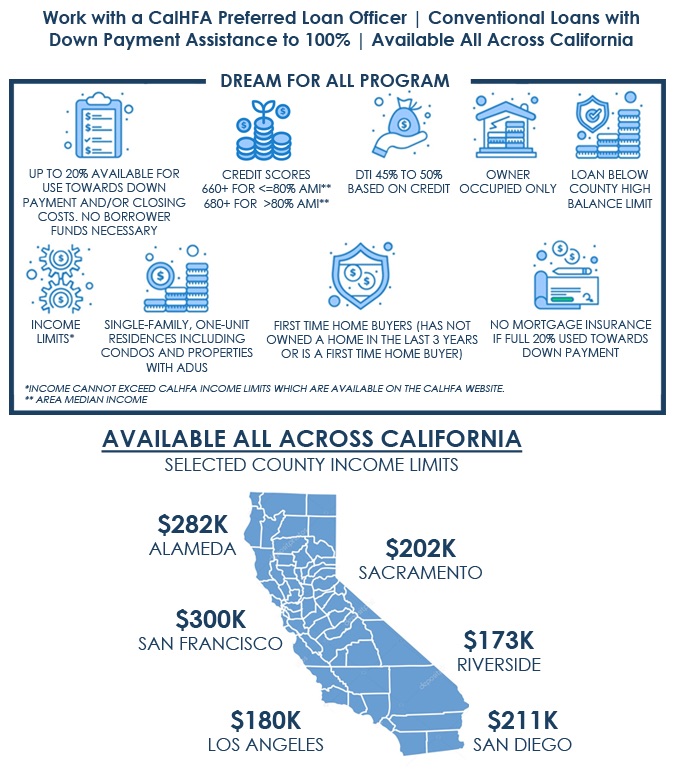Home Refinance Loans

When I should refinance?
When interest rates reach 2% or lower, it’s a good time to refinance. This is a good option even if the interest rate is only 1% or less. Any reduction can save you money in your monthly mortgage payments.
Example: Your monthly payment is $770 on a $100,000 loan at 8.5% (this is excluding taxes and insurance). If your interest rate dropped to 7.5%, your new monthly payment would then decrease to $700.
Your savings would depend on your budget, loan amount, interest changes, and income. Find a trusted lender that can help you calculate your options.
How much will it cost me to refinance?
When it comes time to refinance, in most cases, you will pay the same costs you had with your current home loan. This includes title search, lender fees, title insurance, etc. Refinancing usually starts with an application fee ranging between $250 and $350, you may need to pay an origination fee which is usually 1% of your loan amount. The loan amount sum could cost up to 2-3% of the loan amount. You can search for lenders that offer “no-cost” loans if you do not have the loans to pay the associated loans cost. This in return will charge a slightly higher interest rate.
What are points?
In order to get mortgage financing under specific terms, costs need to be paid to a lender; these are Points. A point is a percentage of the loan amount, or 1-point = 1% of the loan. For example, 1 point on a $100,000 loan is $1,000. Discount points are fees used to lower the interest rate by paying some of the interest up front. Lenders may refer to costs in terms of points in the hundreths of a percent. 100 basis points = 1 point, or 1% of the loan amount.

I’ve had credit problems in the past. Does this impact my chances of getting a home loan?
In the Bay Area, even with a poor credit score, getting a home loan is still possible. You will be considered a risky borrower by your lender. In return, you will be charged a higher interest rate and expect to pay a higher down payment usually between 20%-50%. You can expect to pay more the worse your credit history is.
What does it mean to lock the interest rate?
California mortgage rates can change day to day. Interest rates can increase during your application process which would increase the borrower’s mortgage payment unexpectedly. A lender can offer a “lock-in” loan, sometimes with a fee, which would guarantee the interest rate for a specific period, often 30-60 days.

Disclaimer: Information contained herein is provided to assist real estate professionals and is not an advertisement to extend consumer credit as defined by section 1026.24 of Refulation Z. BlueCrest Mortgage, a California Corporation, NMLS ID 1930841 https://www.bluecrestmtg.com


